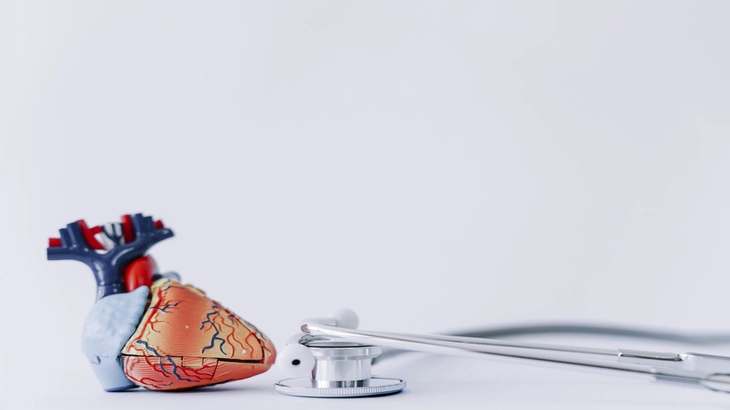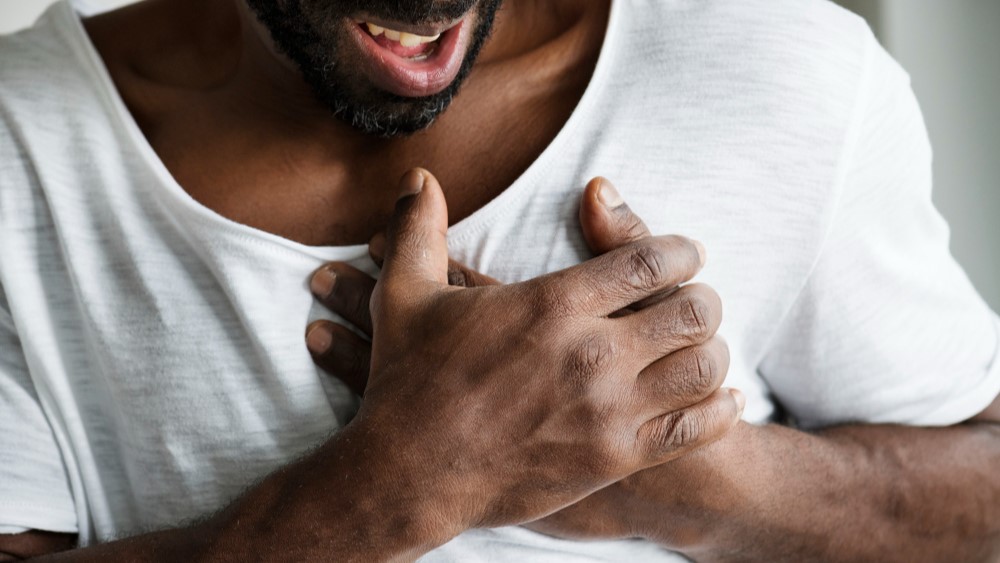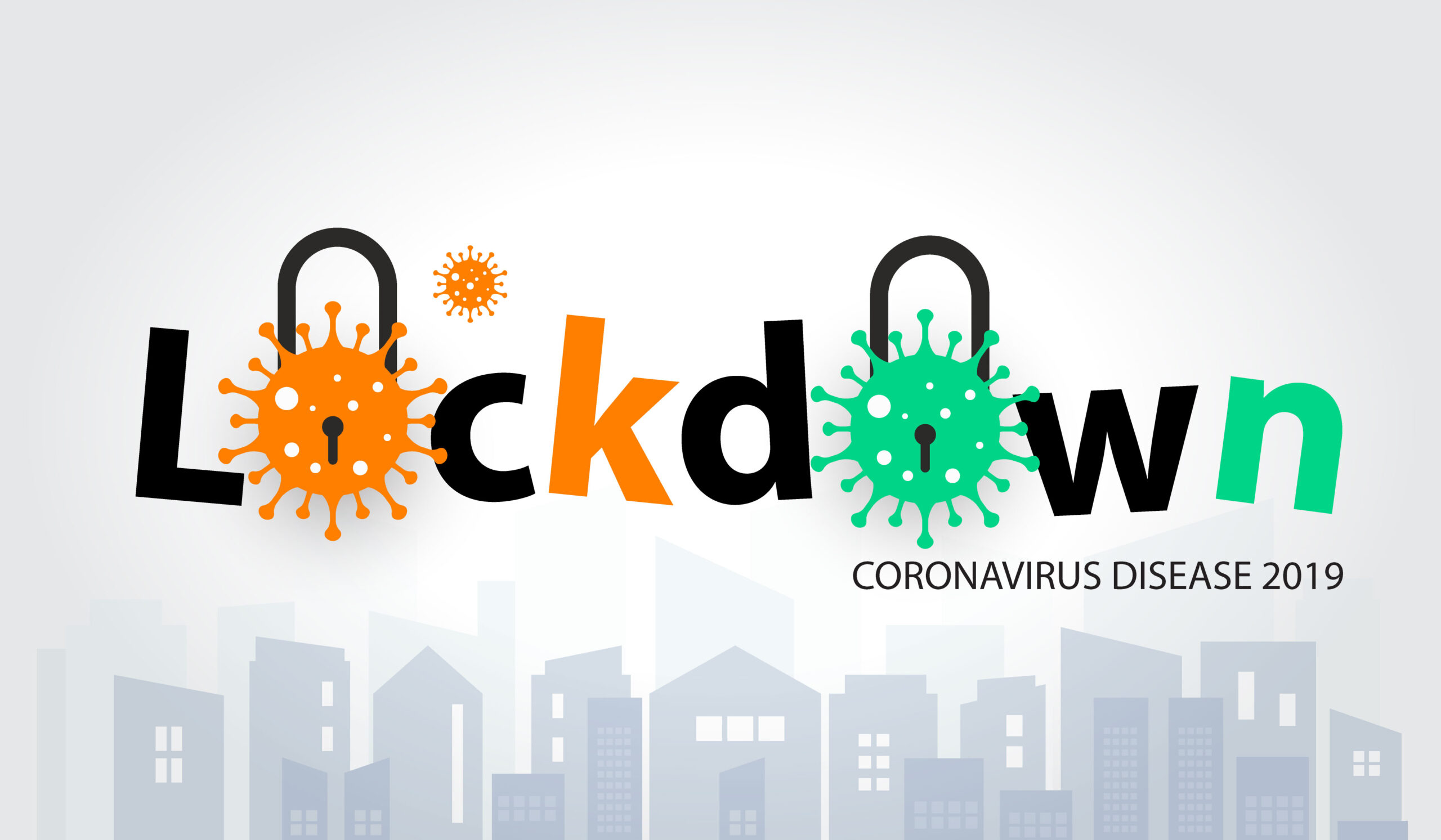
What is a Pacemaker?
Pacemakers are devices that are inserted in your body through cardiac surgery. These are tiny in size and control the electrical system of the heart. Modern pacemakers can be as little as 25 to 28 grams. It helps in stabilizing the heart rate and prevents any heart issues that might endanger your life.
How Do They Work?
The electrical system of your heart tells your heart chambers when they should squeeze. If the system fails, the chambers may squeeze too weakly or not squeeze at all. This creates great issues for the person. A pacemaker comes to work at this point. It uses electrical impulses to correct these malfunctions in the heart chambers.
What are the Different Types of Pacemakers?
Cardiac pacemakers are of various types. These are as follows-
- Single-chamber Pacemaker: Carries electrical impulses to the right ventricle of your heart.
- Dual-chamber Pacemaker: Carries these impulses to the right ventricle and the right Atrium of your heart.
- Leadless Pacemaker: A small device roughly the size of a large pill. It is inserted using a catheter-based process. This device is installed on the inner wall of your heart. Here additional wires are not needed.
- Bi-ventricular Pacemaker: This is used for people who have heart issues and heartbeat problems. To make the heartbeat better, this type of pacemaker works on the lower chambers of the heart.
Know more about the types of pacemakers.
What are the Conditions Pacemakers Treat?
The conditions that a pacemaker treats are as follows-
- Disruptions of your heart’s electrical system like heart blocks
- Malfunctions of your heart’s normal beating process
- Dysfunction of the Sinus node
- Damage from a heart attack
- Heart failure
- Cardiomyopathy
- Long QT syndrome
When Do You Need a Pacemaker?
Consulting with your healthcare professionals is the first step to treating your heart issues. Understanding the signs and symptoms will help you in knowing when is the right time to go see a doctor. These are some of the important signs that you should look for
- Chest pain ( known as angina)
- Tachycardia: An unusually fast heartbeat (more than 100 beats per minute)
- Bradycardia An unusually slow heartbeat (fewer than 60 beats per minute)
- Irregular heartbeat (arrhythmia): Heartbeat that skips or adds in extra beats.
- Heart palpitations: It might feel like your heart is “flip-flopping” or pounding in your chest
- Shortness of breath, especially when you’re active
- Unexplained dizziness, nausea, or fainting
- Unexplained confusion
- Swelling in ankles, legs, and abdomen
- Needing to urinate multiple times at night
Benefits of a Pacemaker
The benefits of pacemakers include-
- Save your heart from stopping
- Prevent yourself from signs like fainting
- Lighten signs like chest pain, confusion, palpitations, nausea, confusion, and more.
A cardiac pacemaker is efficient for improving the overall quality of life and preventing any disruption that might hinder it.
Written By – Dr. Biswaday Basu Majumdar (DM Cardiology)














